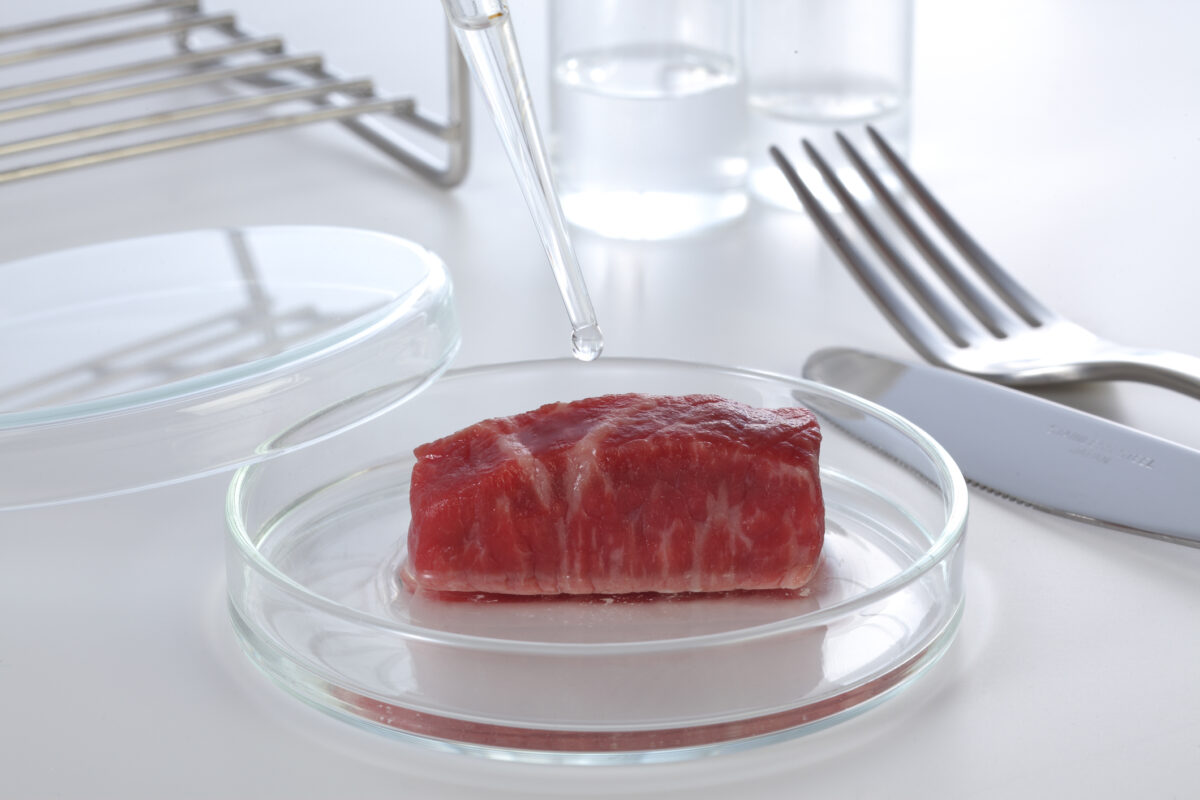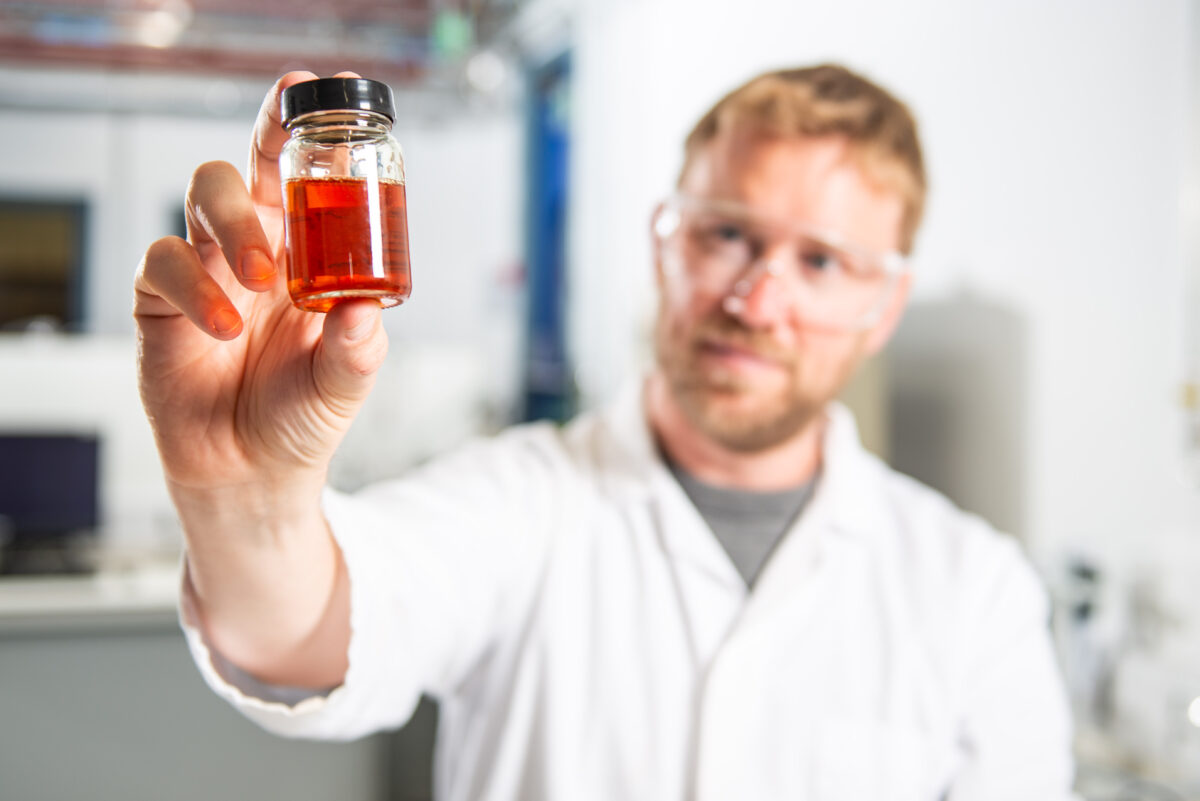EU Commission selects Solar Foods for €5.2B hydrogen value chain project

Finnish foodtech company Solar Foods has been named as an Important Project of Common European Interest (IPCEI) by the European Commission.
The IPCEI project is a joint endeavour from thirteen EU member states – Austria, Belgium, Denmark, Finland, France, Greece, Italy, the Netherlands, Poland, Portugal, Slovakia, Spain and Sweden – to push forward the use of hydrogen as a resource throughout the bloc.
The IPCEI project’s aim is to support research and innovation related to the hydrogen value chain – including the construction of relevant infrastructure.
Member states involved in the project have committed to provide up to €5.2 billion in public funding to support 29 companies in a total of 35 projects. The public funding is expected to generate an additional €7 billion in private funding, according to the Commission.
Solar Foods is one of very few SMEs involved in the hydrogen projects. The company will operate as part of the ‘Hydrogen Applications in Industry’ stream of the IPCEI.
“The key to the hydrogen IPCEI entity is FID (first industrial deployment), the first industrial-scale implementation related to the production or use of hydrogen,” explained Solar Foods CEO and Co-Founder Pasi Vainikka.
The company, which began operations for its protein made from hydrogen found in the air in 2018, is currently building its first hydrogen fermentation factory in Vantaa, Finland. Vainikka says this will move the company forward into the all-important FID stage.
“Public support for the green transition is particularly important because environmental technology involves large and long-term investments,” added Vainikka.
“In this case, the question is how to implement the first one. We are very happy that the European Union builds bridges with IPCEI to help the world over the valley of death in the ongoing climate crisis and ultimately fund a better tomorrow.”
Several projects under the IPCEI umbrella are expected to be implemented in the near future, the Commission said.
“Various large-scale electrolysers [are] expected to be operational by 2024-2026 and many of the innovative technologies deployed by 2026-2027,” said the European Commission in a statement. “The completion of the overall project is planned for 2036, with timelines varying in function of the project and the companies involved.”
Speaking on the IPCEI, EU President Ursula von der Leyen said: “Hydrogen can be a game changer for Europe. It is key in diversifying our energy sources and helping us reduce our dependency on Russian gas.
“And we will also increase our financial participation in Important Projects of Common European Interest. This will help enabling breakthrough innovation and positive spill-overs for all of the EU economy and help power the economy of the future.”








